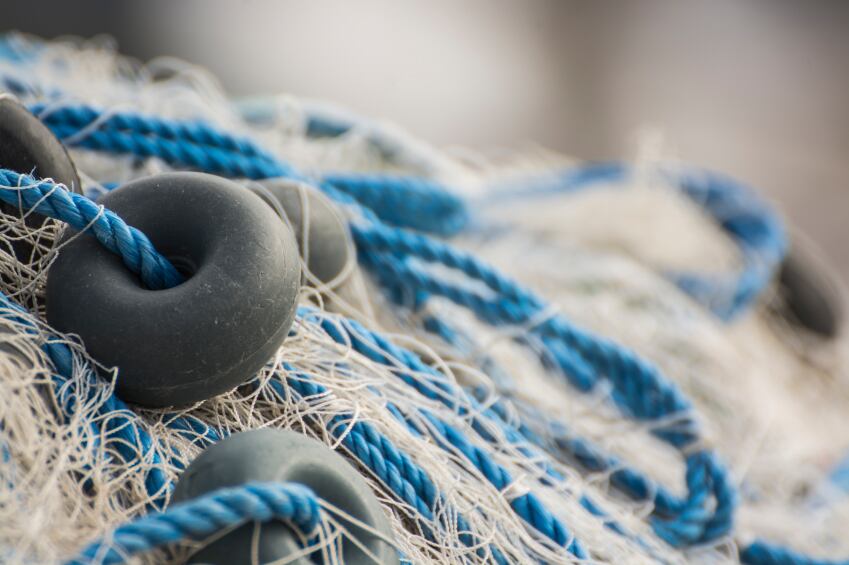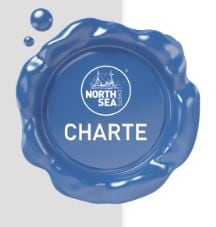According to a review this year almost one third (30%) of fish species tested were incorrectly labelled, with the incidence higher in restaurants than in retail channels.
Researchers from the University of Washington set out to determine the impact both on the planet and consumers' pursestrings. “If mislabelling is accidental, the effects of mislabelling on fished species and consumers could be minimal. However, we hypothesize intentional mislabelling may introduce systematic bias in seafood replacement," they write.
“If seafood is mislabelled to increase profit or replace scarce, high-value fish with plentiful, cheap alternatives, mislabelling may systematically cheat consumers financially but have enduring neutral or even positive ecological effects.”
'A net positive impact on conservation status' - with a catch

Using information from DNA barcoding 43 studies (totalling 6754 samples), species status information from the IUCN Red List of threatened species and price information from a global price index, the researchers found that the actual in-pack or on-plate species was slightly less expensive (almost 3% less than the vessel price) and more sustainable than the labelled fish species.
“Mislabelling had a net positive impact on the conservation status of sold species,” they write.
In some cases, however, fish were replaced by more highly endangered species. The environmental impact of this is “potentially severe” write the authors, and eco-conscious consumers may want to avoid certai, commonly mislabelled fish such as snapper, croakers and perch.
DNA testing is used to determine fish species but according to the Marine Conservation Society, seafood is the biggest globally traded commodity in the world after coffee. Policing the world’s three million fishing vessels is therefore a mammoth task, yet a survey conducted in 2012 by European consumer rights organisation BEUC found that 80% of consumers questioned wanted to know where their fish came from.
Supply chain traceability, provided by certification programmes like the Marine Stewardship Council, could be the solution, according to the researchers.
Better bycatch from the NorthSeaChefs
Another way to improve fish stock sustainability, and relieve the pressure on overfished species such as tuna and cod, is simply to eat what is currently being thrown away.
NorthSeaChefs is an initiative aiming to promote and raise the value of by-catch among European consumers.
"We want to show the consumers that not every fish is available the whole year. It depend on the season. Our tag line is: we have to eat what the fisherman fishes.
"We [are] re-educating people by giving those fish an identity."
Jens Van de Ven, NorthSeaChefs
Funded by the EU and Belgium’s Flemish government, it works with famous Belgian chefs to promote unknown species and bycatch.
Operations manager for NorthSeaChefs, Jens Van de Ven, told us it has a research team comprised of famous Belgian chefs. "We deliver them every 6 weeks a blue box with unknown fish and by-catch inside. Every chef does some tests with every species and write down his results. We share those results on our website where other chefs and consumers can check them."
Businesses that sign up to the initiative, which has been funded by the European Union and Flemish government, receive access to technical information on how to prepare and cook certain species as well as fish characteristics, origins, catch area, quota and the spawning time. They can also use the NorthSeaChef logo.
Gurnard, pout & megrim: 'We are giving those fish an identity'
NorthSeaChefs wants to work with all actors in the fish supply chain -fishermen, wholesalers, grocery shops and consumers.

For the moment, volumes are too small to work with large-scale food firms but some manufacturers have expressed an interest in working with the initiative "because we have a lot of influence on chefs and consumers. They are interested to work with a NorthSeaChefs label which shows quality and trust.
"We want to work with seasonal fish and show the consumers that not every fish is available the whole year. It depend on the season.
Our tag line is: we have to eat what the fisherman fishes. Not to let the fisherman fish what we want to eat and throw all the other things away."
Transparency is crucial
One of the partners in this multi-stakeholder initiative is Belgian firm Foodpairing. It uses big data to help chefs and manufacturers discover new flavour combinations, speeding up their new product development (NPD) process, and has lent its know-how to North Sea Chefs.
According to Foodpairing’s scientific director and co-founder Bernard Lahousse, mislabelling is not the way forward.
“We clearly communicate what the species is. How can [consumers] otherwise find it? I believe transparency is crucial in food. Labelling fish different is not the right direction."
Under EU regulation, ingredient or species information is required for whole fish but not processed fish products.
Source: Conservation Letters
“Financial and ecological implications of global seafood mislabelling”
Authors: Stawitz, Siple, Munsch et al.
